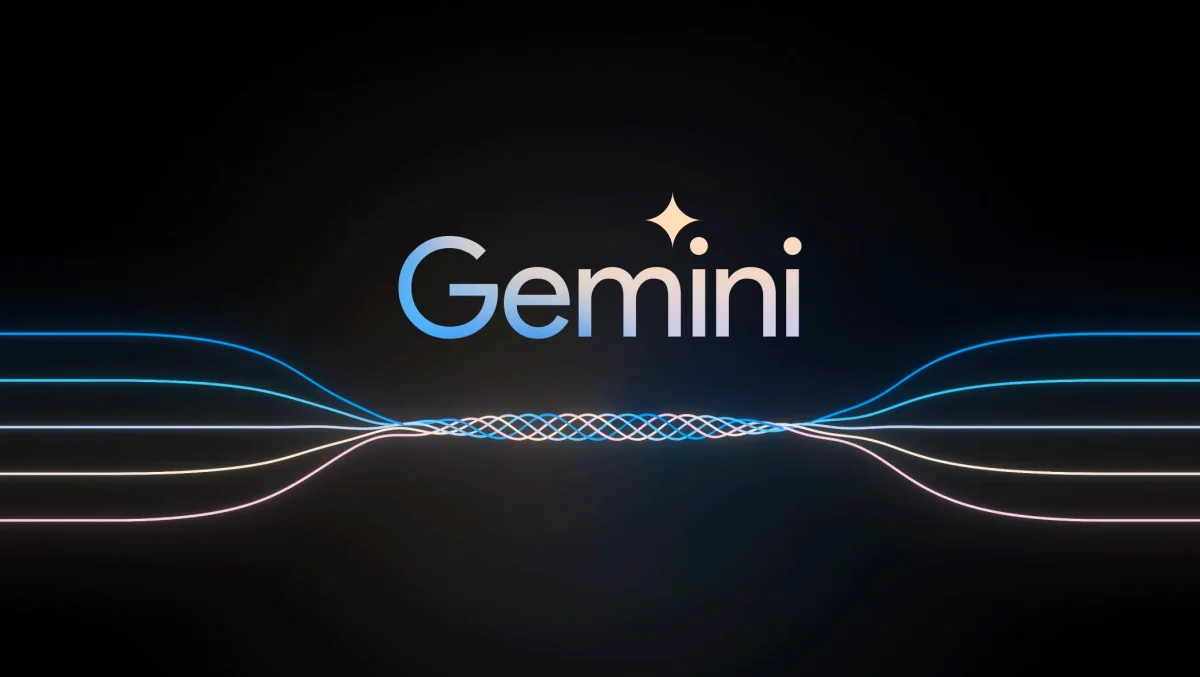On Feb. 3, 2025, Google’s Gemini chatbot was unblocked for all CRLS students, a change that left many perplexed. Though recent events have left multiple AI websites accessible, this was no mistake, and it’s here to stay.
Instructional Technology Specialists Ms. Paige Graves and Ms. Kendall Boninti—both of whom were heavily involved in this change—explained the rationale behind the unblocking. According to an email interview with the Register Forum, they stated, “Generative AI is rapidly evolving, and our schools have a responsibility to teach students how to use these powerful tools safely, ethically, and productively.” Teaching AI management skills has become a widely acknowledged concern, and Ms. Boninti emphasized that “an abstinence response” could negatively impact students’ growth in a society where AI becomes the new calculator.
However, this sentiment has not been universally accepted, with multiple teachers expressing dissent. Many interviewed by the Register Forum mentioned that they would have liked more time to prepare for the student unblocking. According to the official professional development schedule and teachers’ remarks, the announcement was sent out to staff on Thursday, January 30th, before the schoolwide release on Monday, February 3rd. An anonymous teacher told the RF that they strongly feel that they should have had more time to collaborate as departments, grade level teams, and as a school to talk through lessons and responsibilities. Another teacher said that they really wish they had engaged in a school-wide conversation about the possible uses and consequences before allowing complete access.
The school has kept its existing AI usage policies in place, leaving teachers to decide where AI is appropriate in their classrooms, assuming proper citations are used. As Ms. Graves clarified to the RF, “If you take ideas or words from a source (either human or AI) and claim them to be your own without attribution or citation, you are cheating.” However, these regulations haven’t deterred AI usage within classrooms, even before Gemini’s debut. From a representative survey of 450 CRLS students, approximately 15% claimed to have used AI to “complete a large part of an assignment that was supposed to be their own work and counted as a grade.” Beyond that, a self-reported 70% of students are using AI for general schoolwork, pointing to a high demand for AI usage.
It seems unlikely that students will find other AI tools such as OpenAI’s ChatGPT or Anthropic’s Claude unblocked on their chromebooks in the coming months. When signing a deal for an online service, CPSD requires a contract to be signed by the platform, ensuring that they will not use or sell any of the students’ data. Notably, Quizlet, the flashcard app, refused to sign CPSD’s privacy policy, leading to it being blocked on school chromebooks. Most AI companies view this privacy policy as a dealbreaker, since their models rely on large amounts of data for improvement.
While the unblocking of other AI services seems improbable, allowing students to access Gemini will pose serious challenges to staff and teachers, and could be a long-range forecast for later changes. AI companies will be furiously trying to market their products to schools—essentially marketing pools of future recruits. So never forget: you’re part of that target audience.
This article also appears in our June 2025 print edition.














